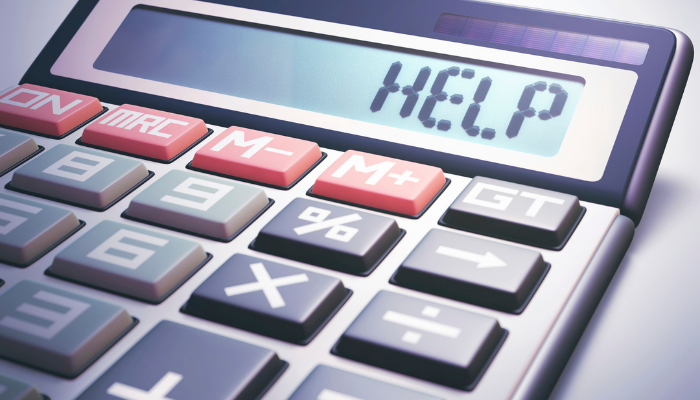
Invoice factoring is a temporary financial arrangement for business owners who need to collect on their outstanding invoices quickly. Typically, companies operate on a 30 or 60 day payment term plan, which means owners may have to wait up to two months to receive payment for their services. With invoice factoring, however, businesses can collect their payments within as little as 48 hours. Before applying for a factoring arrangement, however, it's best to find out if you qualify for factoring.
An Overview of Factoring
Factoring is not a loan. Instead, your company sells its outstanding invoices to a third-party invoice finance company, who then assumes responsibility for collecting on the loan. In return, the factoring company advances the bulk of the invoices to your business. After the invoices are paid in full, the factoring business issues the rest of the money to the company after subtracting its fees.
Evaluating Your Monthly Invoices and Clients
While you don't need a healthy credit score to get a factoring arrangement approved you will need to meet certain qualifications relating to your clients and invoices. Many factoring firms will only do business with companies that invoice at least $10,000 per month. You'll need to inquire about any invoice requirements before you apply for a factoring arrangement. Factoring companies also prefer to do business with companies that have more than one client, since this will reduce the risk of not being repaid.
Existing Financing Plans
Since the factoring company must have first claim to your business's invoices, you'll have to inform them if any other financial institution has a UCC-1 against your invoices. This form allows a bank or another lender to have a claim on your outstanding invoices. If this is the case, you'll probably still be able to qualify for factoring and you may be able to use the advance from the factor to pay off your bank loan.
Your Current Financial Situation
Factoring companies will also want to examine the basics of your financial situation. You'll need to provide an aging report, which shows how old your invoices become before they are paid. If the aging report shows that your customers have a habit of not paying on time, you may not be approved for factoring, since the creditworthiness of your customers is the basis for your factoring agreement. If you have any other financial issues such as unpaid taxes or a bankruptcy, make sure you inform the factoring company ahead of time.
Using invoice factoring can help you to solve your business cash flow problems. Finding out if you qualify for factoring can make it easier for you to get approved for an arrangement.














